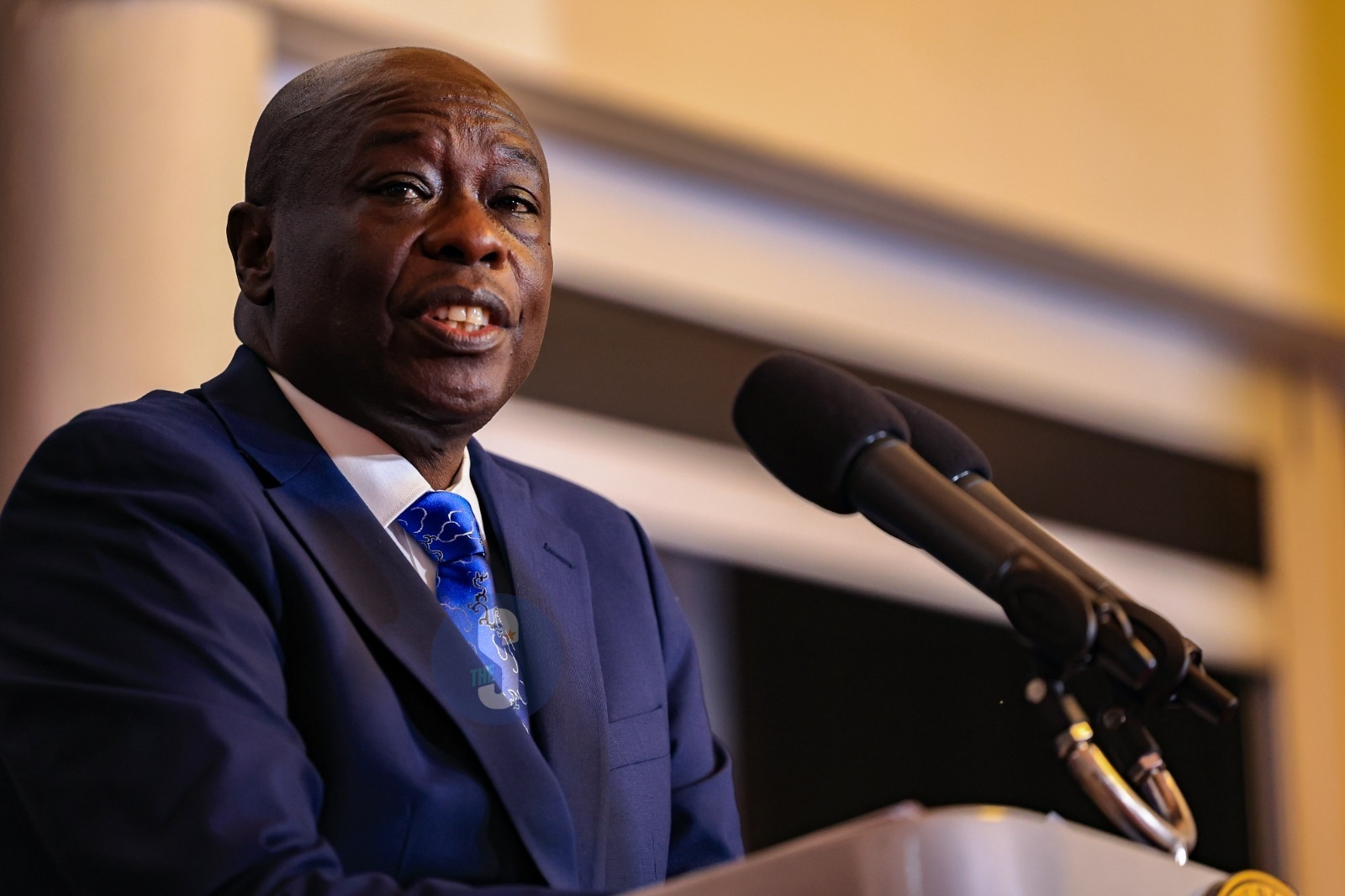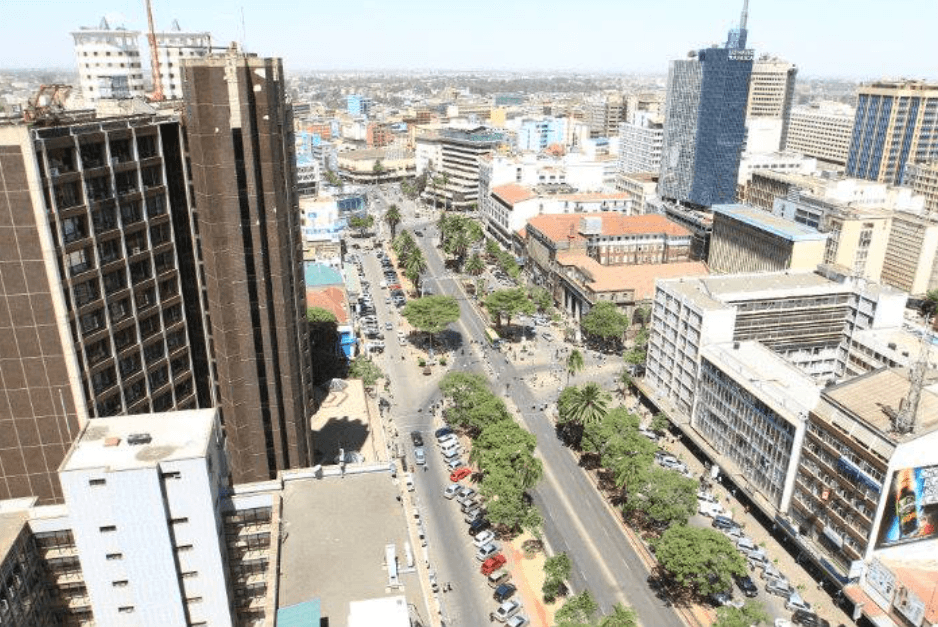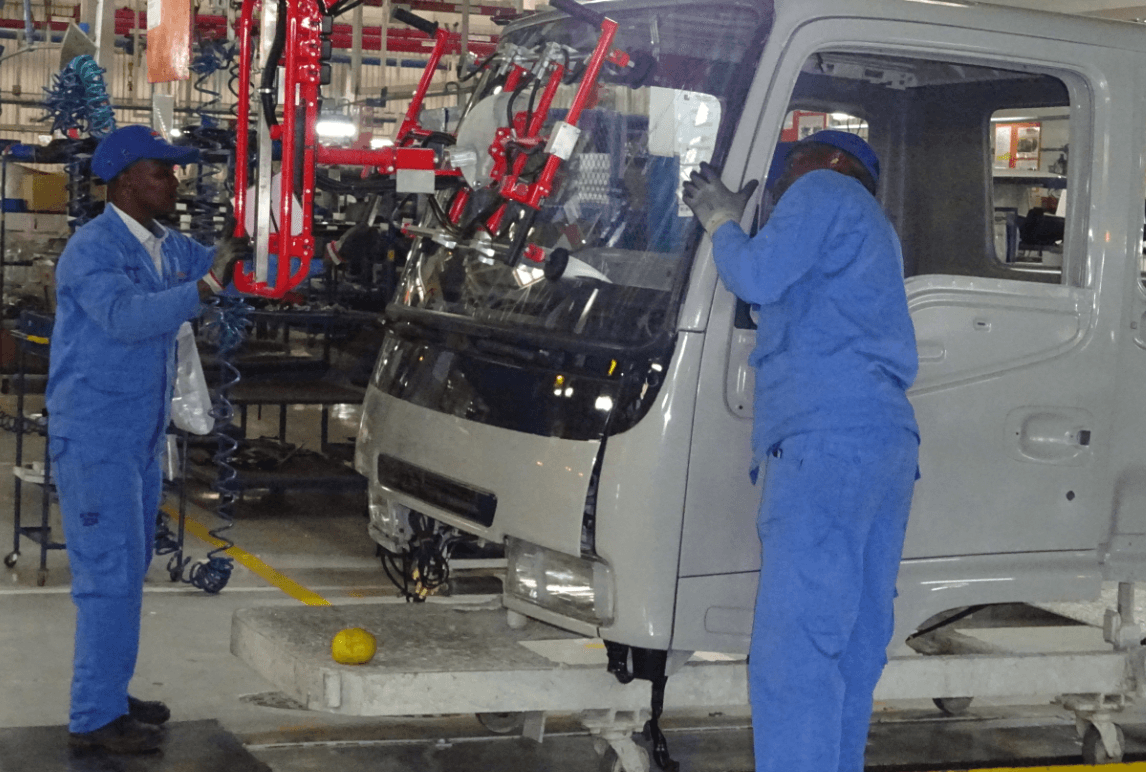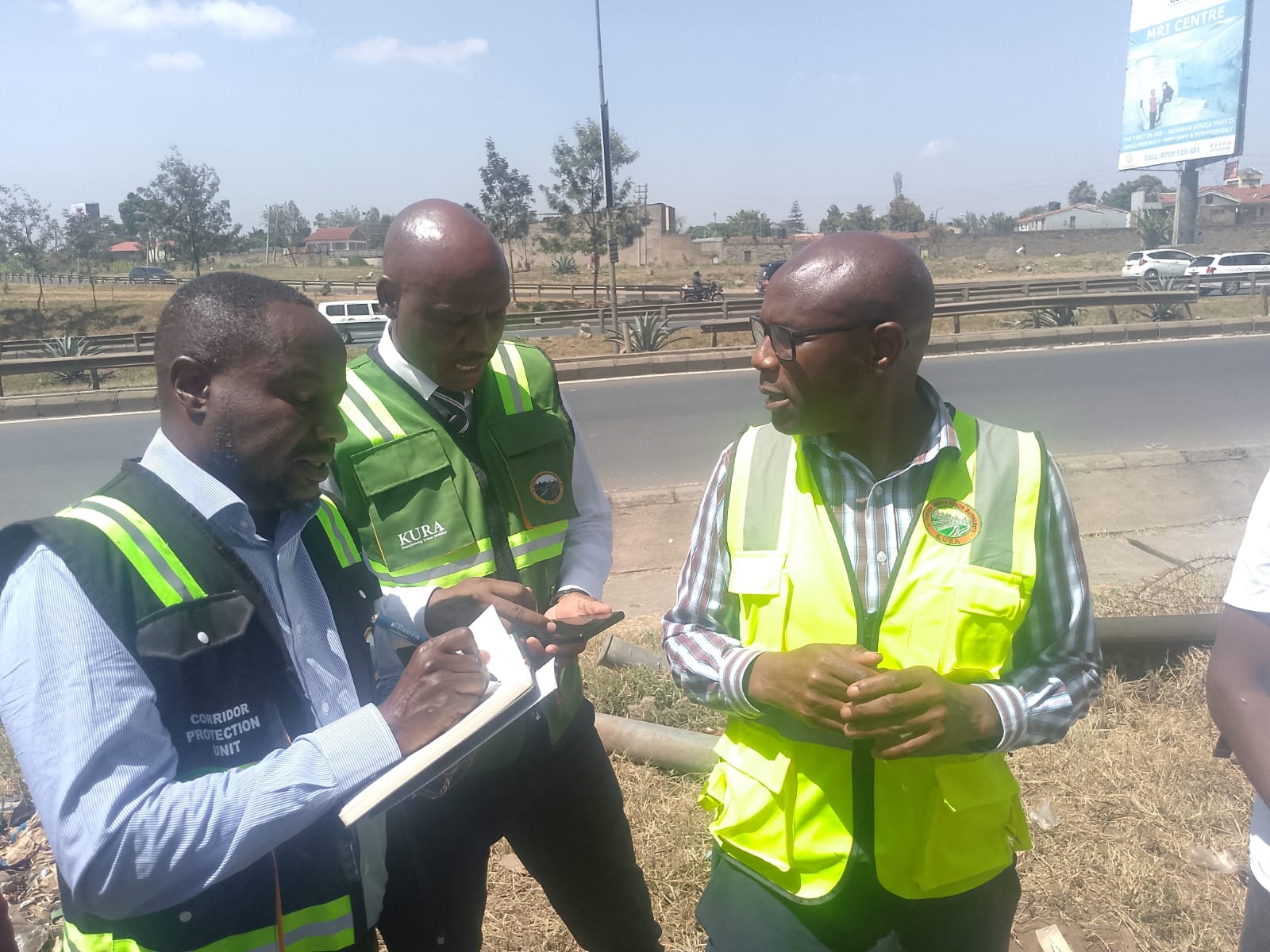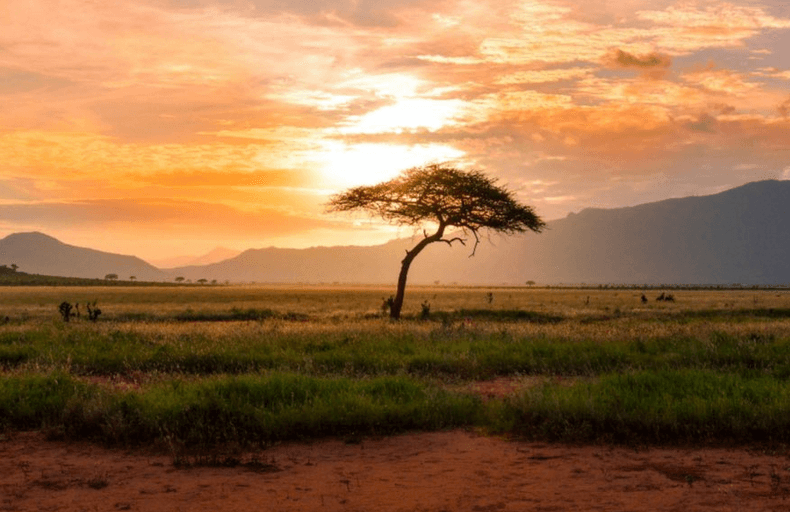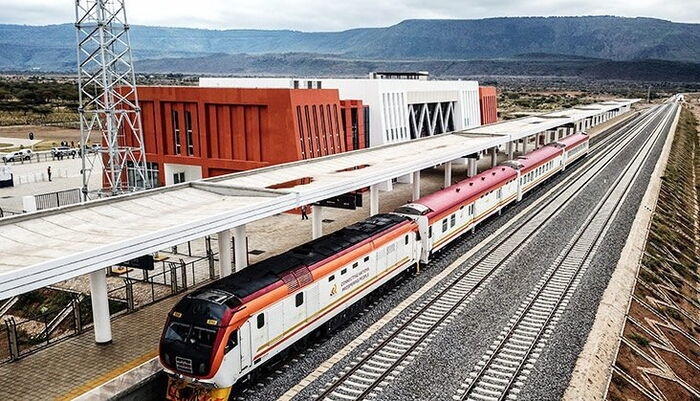The growing of bamboo is set to intensify after the Kenya Forest Research Institute announced that a part of the 4.5 tonnes of seeds import will be shipped into the country in a few weeks' time.
Kefri director Joshua Cheboiwo told the Star that the first test run for imports is ongoing.
"We have got many companies that can sell us bamboo seeds from India and China," Cheboiwo said.
In September last year, the government gave Kefri permission to import 4.5 tonnes of bamboo seeds.
Already, the government has classified and designated bamboo as a cash crop.
Cheboiywo said Kefri's role is to identify which species of bamboo was best suited for various regions of the country.
"We have 12 species of bamboo which have been researched on and we know where they are best suited," he said.
The official said Kenya will receive 35kg of bamboo seeds in the next two weeks as part of preparations for more.
"We have done all the importation paperwork and clearance has been done," he said.
Environment CS Keriako Tobiko has called for the scaling up of the crop.
The Kenya Water Towers Agency has already started fencing off the bamboo demonstration site in Kaptagat Forest.
The 250-acre national bamboo demonstration site has been established to aid reforestation.
In July 2019, Environment CAS Mohammed Elmi launched a 50-acre bamboo demonstration site.
The project is sponsored by Kenya Water Towers Agency and jointly implemented by the Kenya Forest Service, the county government of Elgeiyo-Marakwet and the Kenya Forestry Research Institute.
During the launch, five acres of bamboo seedlings were planted. The agency aims at planting 250 acres with bamboo.
“The agency particularly chose Kaptagat area for the bamboo commercialisation programme because of the huge availability of land that was previously covered by bamboo as the name ‘Kaptagat’ suggests in Kalenjin. The programme will culminate in an out-growers scheme and bamboo processing factory,” Cheboiwo said.
The site will produce seedlings to be planted in riverine and catchment areas, as well as mudslide-prone areas in Nandi, Uasin Gishu, Trans Nzoia, and Elgeyo Marakwet counties.
Fast-growing bamboo has an extensive root system that holds soil together and can prevent mudslides.
The bamboo tree will go a long way in ensuring perennial landslides along the escarpment are stopped.
Last year, the Kenya Forest Service signed a collaboration agreement with the Kenya Water Towers Agency to adopt 250 acres in Kaptagat Forest for the bamboo site.
The government has urged communities and individual farmers to take up bamboo growing as a commercial activity to improve their livelihoods and socio-economic status.
According to the Bamboo Association of Kenya, an umbrella body that brings together players in the sector, the country has only one indigenous bamboo species, Yushania Alpina that grows naturally.
The indigenous bamboo covers 140,000 hectares and is restricted to the five major water towers that include Mt Kenya, Aberdare Ranges, Mau ecosystem, Mt Elgon, and Cherangany Hills.
The government through the Kenya Forestry Research Institute has introduced exotic bamboo species from Asia and India due to the increased exploitation of the naturally growing bamboo.
Twenty species were tried out of which 12 are now grown in different eco-zones.
The tree grows within three to four years and can be harvested for the next 70 to 100 years.
A bamboo tree seedling sells for between Sh150 to Sh200.
The Kenya Forest Research Institute, Kenya Forest Service, Ewaso Nyiro South Development Authority, and the Kenya Water Towers Agency have certified bamboo nurseries in various locations across the country.
The agency will ask for more land to grow bamboo. It is targeting areas being occupied by eucalyptus.
The government is already in the process of gazetting Elgeiyo Hills as a water tower. "It is important as it drains water to Lake Victoria and on the Eastern drains water to Lake Turkana."





